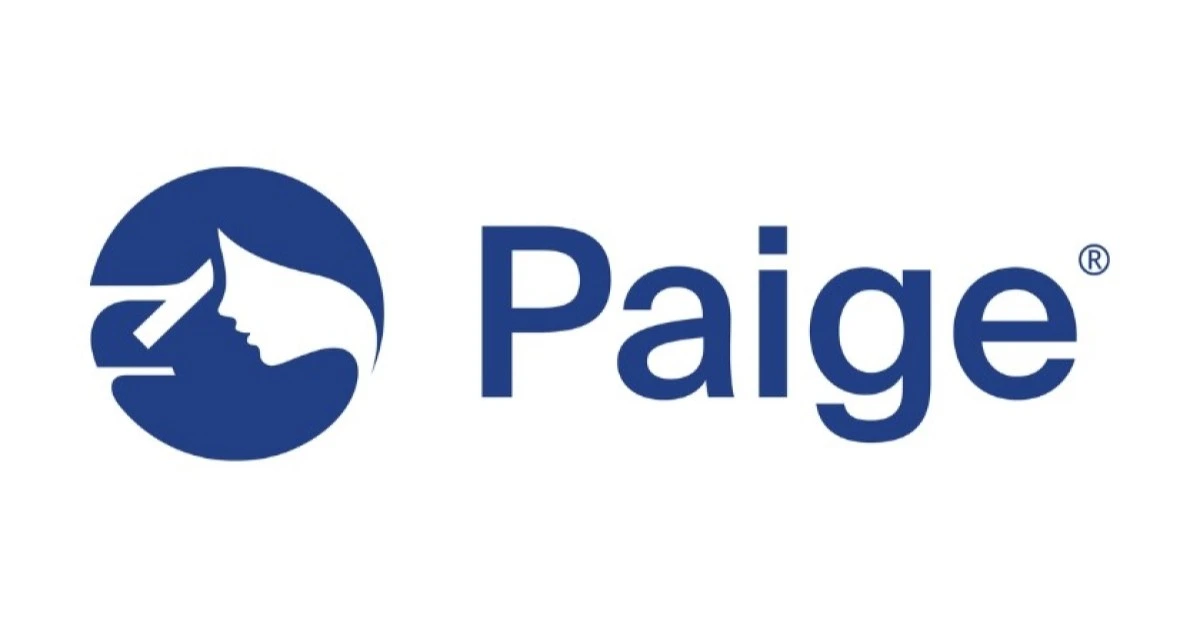
USA – Digital pathology specialist Paige has recently achieved a major milestone by being awarded breakthrough device status from the U.S. Food and Drug Administration (FDA) for its innovative artificial intelligence tool, Paige PanCancer Detect.
This significant recognition is a first for an AI-enabled tool capable of identifying cancer across multiple tissue types and organs, and it underscores the potential of digital pathology to revolutionize cancer diagnostics.
Paige PanCancer Detect is designed to assist pathologists in assessing suspicious lesions on digital pathology slides, providing a multi-tissue application that addresses the increasing and diverse diagnostic workload.
With this tool, pathologists can efficiently evaluate cases across various organs—from the gastrointestinal and genito-urinary tracts to the breast, skin, and brain—thereby improving the speed and accuracy of cancer detection.
The tool’s breakthrough status is particularly notable as it is the first of its kind to receive this designation, reflecting its promise to enhance diagnostic precision and ultimately patient outcomes.
Digital pathology is rapidly gaining traction as a means to improve healthcare efficiency. Converting traditional pathology slides into digital formats enables easier sharing of images, faster second opinions, and remote collaboration among specialists, which is crucial in areas where access to trained pathologists is limited.
“As the demand for pathology services continues to grow at a pace faster than the supply of trained pathologists, AI-powered tools like Paige PanCancer Detect are becoming essential in closing this widening gap,” stated a representative from Paige. Currently, Paige PanCancer Detect is in the experimental stage and is approved for research use only.
However, the company is actively working toward securing FDA approval for clinical use, which would mark a major advancement in the practical application of AI in oncology.
Previously, Paige received FDA clearance for its prostate cancer detection tool, Paige ProstateDetect, setting the stage for further innovations in the field.
The evolution of Paige PanCancer Detect has been rapid. Initially introduced in early 2024 with the ability to detect cancer in 17 tissue and organ types, the tool has since been updated to cover 40 different areas, including both tumors and pre-cancerous lesions.
This expansion highlights the dynamic nature of AI development in digital pathology, enabling more comprehensive and nuanced cancer detection.
Such advancements not only aid in early diagnosis but also help in identifying rare cancer variants that might otherwise be overlooked using conventional methods.
Dr. David Klimstra, co-founder and former chief medical officer at Paige, emphasized the transformative potential of this technology. “The breakthrough designation demonstrates the significance of AI in transforming cancer diagnostics.
“By aiding in the identification of cases with cancer and flagging potential diagnostic discrepancies, Paige PanCancer Detect can help pathologists focus on the most critical cases and reduce time to diagnosis, leading to faster results for patients,” he explained.
XRP HEALTHCARE L.L.C | License Number: 2312867.01 | Dubai | © Copyright 2025 | All Rights Reserved